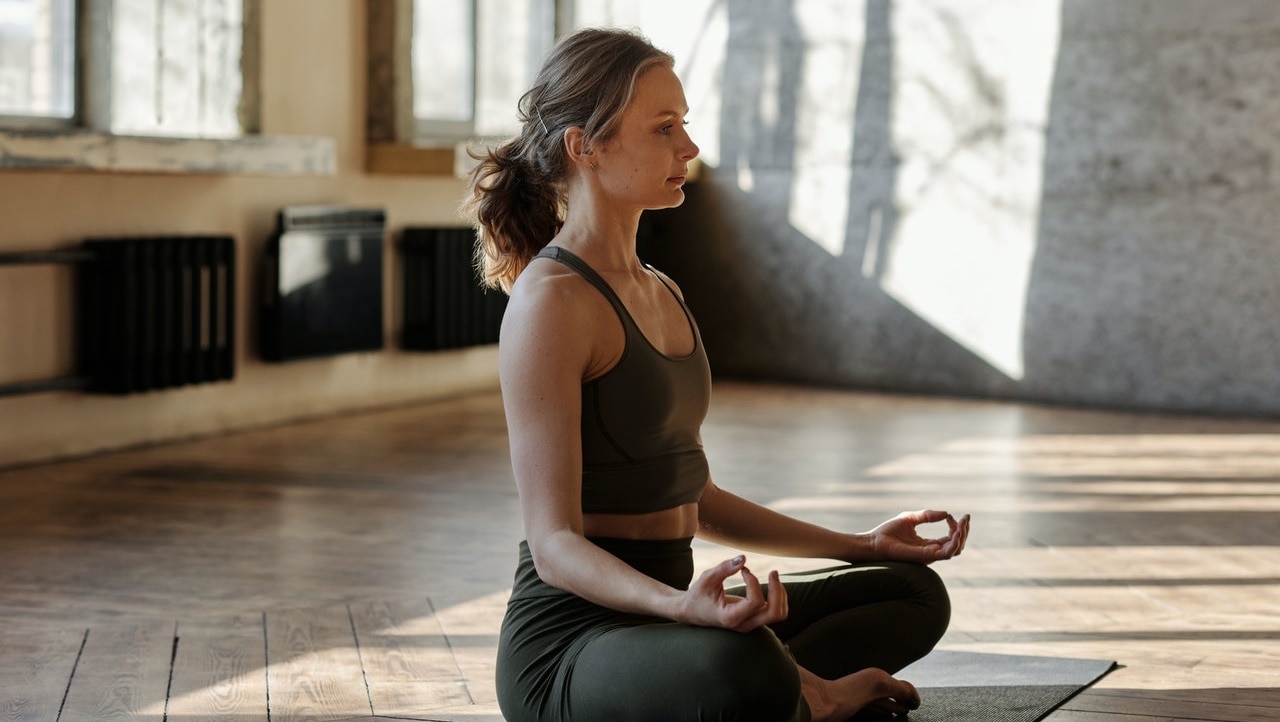When we feel anxious, our bodies are telling us that we are under too much stress and psychological strain. If this nagging sense becomes a constant presence in your life, it's called anxiety and it indicates that you need to get help. If you are suffering from anxiety, meditation and mindfulness can be highly effective strategies to help you cope. This guide explains the ways in which others are coping with anxiety and how you might do the same.
Anxiety and Mindfulness
In order to practise mindfulness, one must be fully present in the time. It entails re-establishing contact with your own senses along with the environment as well as your own body. An anxious brain has an anchor to hold onto when mindfulness is practised. Anxiety ceases demanding your attention when you become more mindful; turning off auto-pilot and allowing you to behave more thoughtfully.
Furthermore, mindfulness helps you let go of negative feelings and ideas by allowing you to recognise and accept them without analysing, suppressing, or encouraging them. This allows you to accept challenging sentiments. Mindfulness also enables you to investigate the root reasons for your anxieties, problems, and tensions without fear of judgement or criticism. Such activities keep you from being consumed by your problems by helping you develop a buffer zone around them.
Managing Stress and Anxiety with Simple Exercises
While mindfulness and meditation is a vast space with hundreds and hundreds of exercises and complex workouts, you don’t necessarily need all of them. You can start small with these easy-to-adopt exercises that can help you manage your work-related stress and anxiety.
1.Be in the Present
Meditation is a way to experience things more openly and broadly, without choosing or assessing anything, but instead just holding them. These sentiments, thoughts, or bodily sensations that are present may be observed from one instant to the next by letting your feelings and thoughts go.
2.Put More Emphasis on Controlled Breathing
Bring your attention to your body's breathing. There are several health advantages of practising controlled breathing such as alleviating stress and anxiety.
- Using your nose, take a few deep breaths.
- Breathe in and out through your nose and mouth, filling your lungs with oxygen.
- Exhale via your mouth.
Whenever you're feeling tight, nervous, or furious, you can repeat this exercise and you'll feel more peaceful and relaxed afterwards.
3.Bring Your Focus Back to Your Physical Self
Regaining your attention to present events will be made easier with this technique. You must sit down in a comfortable spot and take control of your breath in order to really experience this. As a result, you will be able to interrupt your anxiety by focusing just on your body and your thoughts. Feel every part of your body as you inhale and exhale your breath. Don't think too long about any particular sensation and keep moving on until you are completely immersed in the exercise.

4.Improve Your Peripheral Vision
Using your peripheral vision, you are able to pick up on small shifts in energy in the surroundings. As you go to and from work, you may practise your peripheral vision. The only thing you need to do is keep an eye on the environment around you as you go down the street. Pay attention to your emotions, as well as the things that are both clearly visible and obscure.
5.Five-Minute Meditation
You don't have to sit down for an hour or two to clear your mind about this meditational activity. Five minutes of your time and a peaceful place are all you need. Think of nothing except the peaceful nothingness when you do this. When your mind begins to wander, bring it back to the task at hand. It won't take you more than a few sessions to get the hang of it.
6.Stretching
As a type of meditation, stretching is also a great way to get in a good shape. Both your physical and psychological well-being may benefit from stretching routines. Muscles that are always tight have a number of detrimental impacts on the body. Stressed bodies are often the result of living a sedentary lifestyle. Meditational stretching helps alleviate some of the tension you're feeling.
Stretching while being meditatively aware of your physical body is known as meditational stretching. Develop a sense of oneness with your physical being by being more in tune with it. Our posture is ruined because we spend so much time sitting. To improve your posture and ease of movement, you should regularly engage in meditational stretches.
7.Enjoy Some Music
When you're driving or getting ready for work, put on some of your favourite music. Allow yourself to get carried away by your favourite songs and forget about all of your obligations. You may use this as a one-on-one treatment session for 15 minutes. Meditation is a great way to enhance your mental health and soothe your nerves. All it takes is a few minutes out of your day. Take a few minutes to yourself every day to cultivate a more positive outlook on life.
Final Word
Work stress and anxiety have become increasingly common, particularly with stay-at-home work routines that limit social interaction. Mindfulness and meditation exercises can help you get out of the monotony of a dull workday and help you regain your physical and psychological well-being.